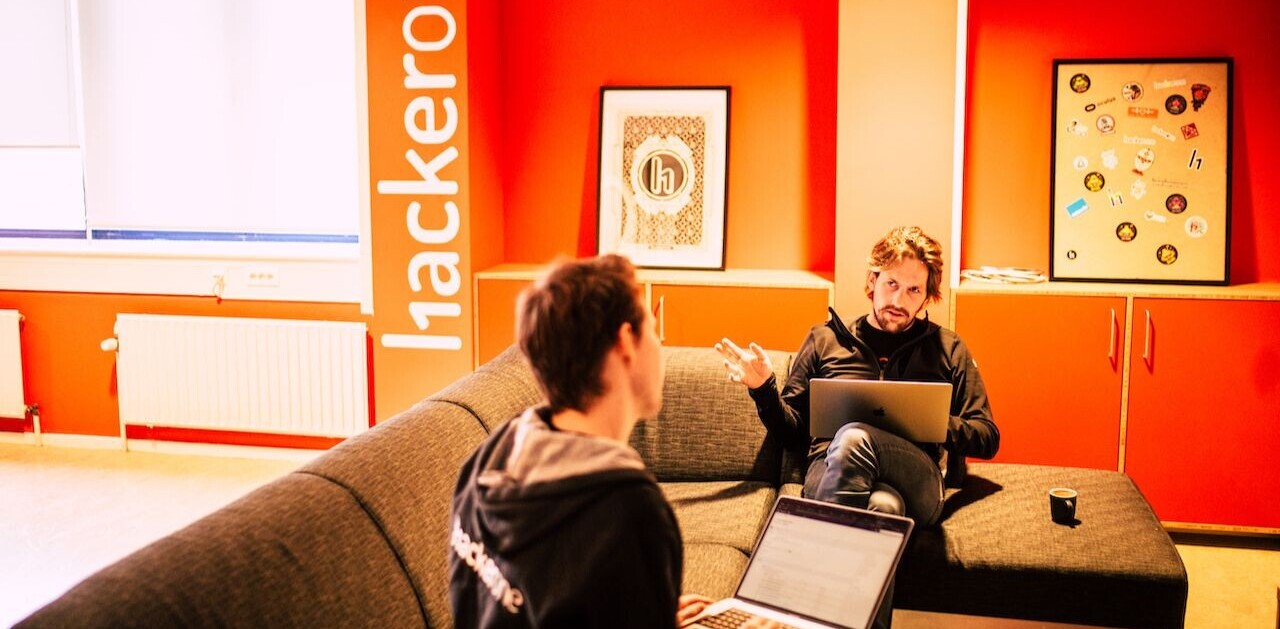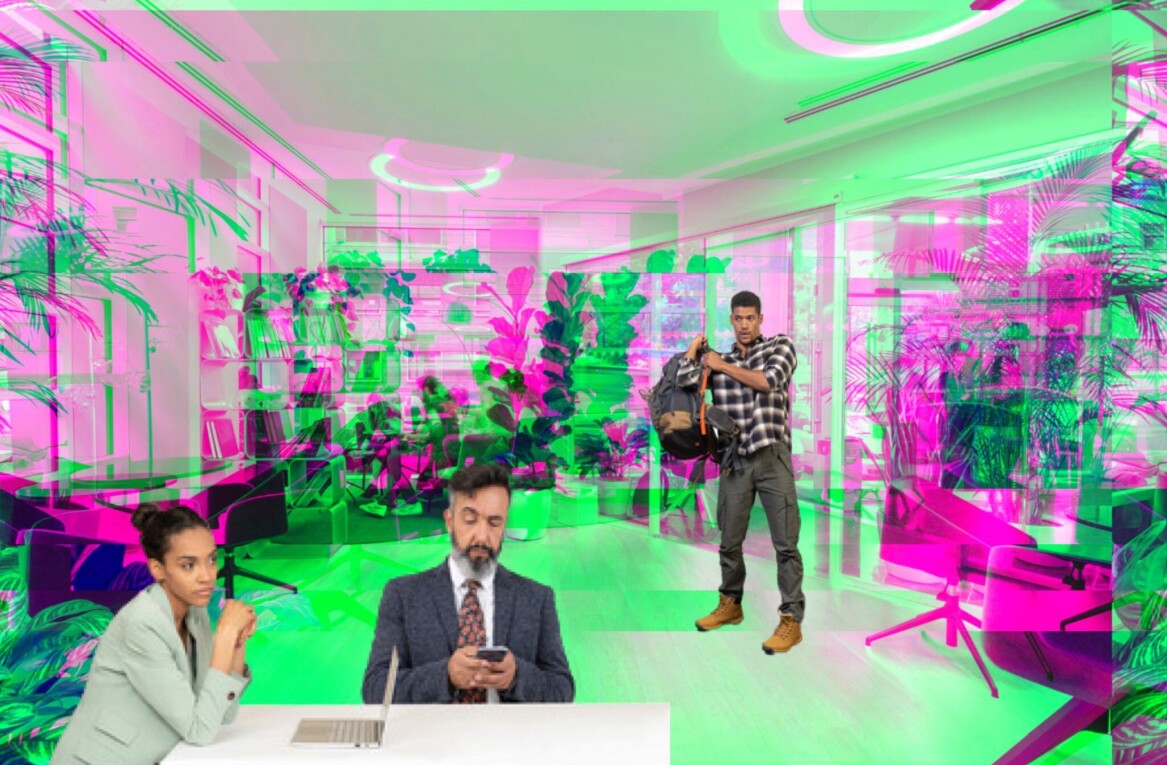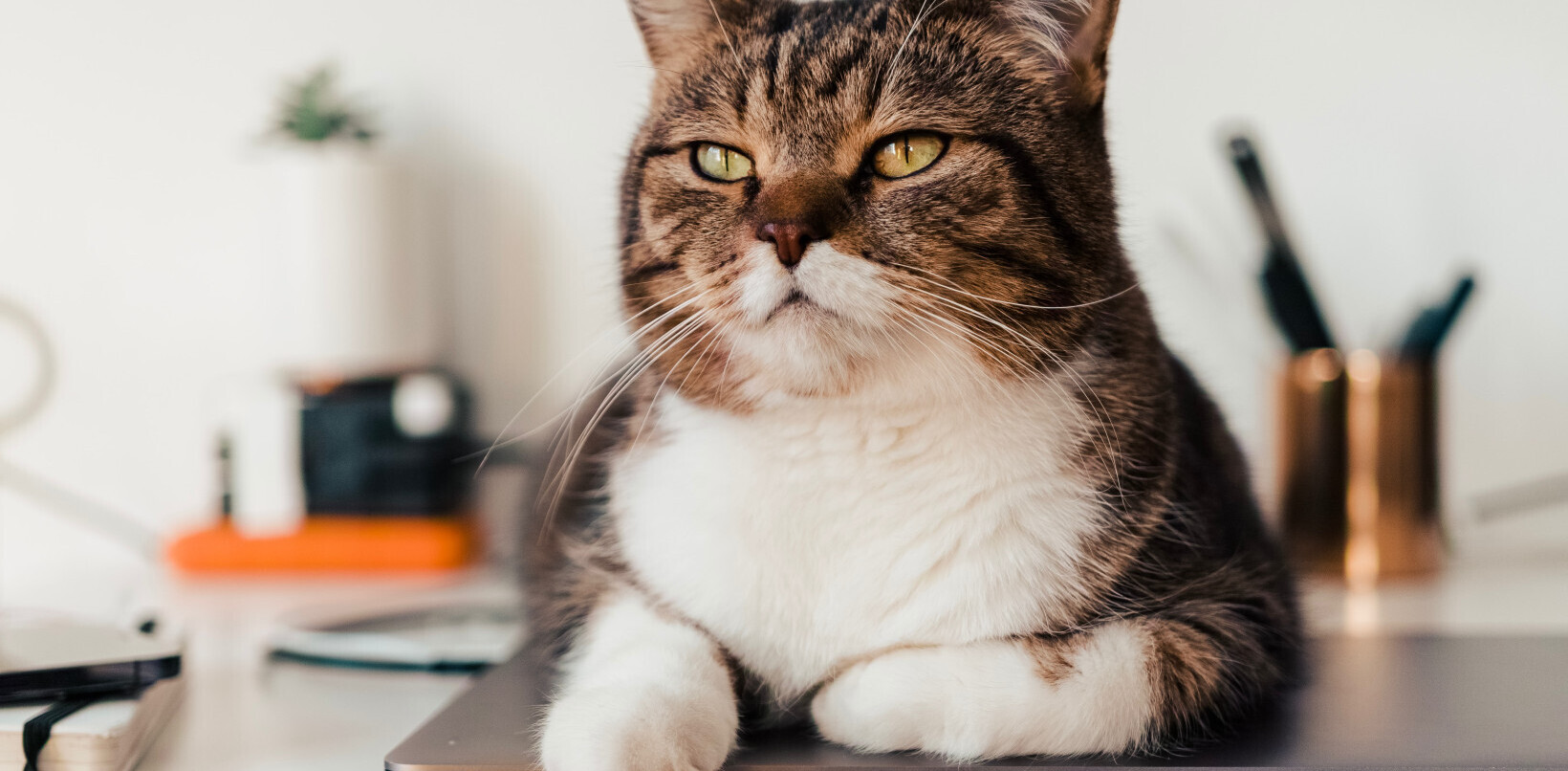
Finding a great web designer seems as simple as any other hire on the surface, but to many small companies and individuals, the task can be daunting. Unless you have hundreds of thousands of dollars to throw around at an agency, it’s critically important that you find a good web designer that can get the job done at the best possible price.
Web design isn’t a cost so much as it’s an investment. As they say, content is king, but having a good web layout and design plays a significant role in attracting people to your site. There’s really so much value in investing in this. Having a clean, pleasing design that provides easy navigation means customers who reach your website will not be confused as to what your site has to offer.
Here are 5 handy tips that will help you find the right web designer.
1. Judge the book by its cover
Go against the common advice and judge this book by its cover: it’s practically a must when it comes to finding the right web designer. After all, their work is based primarily on the aesthetics of their output.
A designer’s portfolio speaks volumes about the kind of work they will be able to deliver. Thanks to the Internet, there are a lot of online portfolio gallery sites that clients can browse prior to making the initial contact.
The downside of going off a portfolio is that you cannot be assured how reliable these designers are. The best way to mitigate this risk is to choose a designer that you feel may be a good fit and try them out on a smaller project first. As an alternative, word-of-mouth and personal referrals do a lot to cut out these risks if you have contacts in the know.
It is important to take note that what works with one company doesn’t work for all. It’s vital to find someone who can understand your own creative vision. A website has a purpose and a business goal, and the designer needs to understand the nature of the website they will be working on. A designer who is excited about the possibilites your project presents is going to put more effort into delivering the best results: do they offer their own ideas or suggestions when you’re talking to them?
2. Communication is the key
There are tons of ways to communicate with web designers nowadays — face-to-face, Skype, email. While ideally it’s nice to shake hands when doing business, the value of email communication cannot be underestimated.
If you want to get a designer’s attention, the project has to have value for them. The last thing you want is having a designer that is not committed to the project because they feel underpaid.
Find a designer that respects your time. If your designer can’t respond to an email within 24-36 hours, you may want to rethink who you are paying to work on your project and communicate ideas and perspectives with you.
You may also want to consider a designer that is open to your feedback and not too arrogant to consider perspectives from a non-designer, but is bold enough to give their own suggestions as well, and isn’t scared to talk you off a ledge when your feedback doesn’t fit with design wisdom. Miscommunication can lead to disappointment so it’s really best to have an open relationship with your designer to avoid major revisions in the future.
3. Manage expectations
Managing expectations is very important to eliminate assumptions that can lead to misunderstanding. Be very clear and detailed when preparing a job contract with your web designer and make sure that each and every aspect of the project is covered.
There are many factors you need to be clear on: project timeline, client budget, expected deliverables, quality of the final output, to name a few. It is important for a client to inform the designer of all the features and expectations you anticipate your website to have so that the designer can inform you straight away if they are unable to complete the project, due to technical limitations or time.
Imposing hard deadlines can also be helpful because it forces the designer to budget their time accordingly. Without a deadline, a project can drag on unintentionally: freelance designers have multiple projects on the go, and the one with the deadline is going to get attention over the one without, every time.
4. Freelance vs Firm
Remember that a professional design company can generally serve you better than an individual because it has larger pool of staff and better resources. Firms are also much pricier, and present you with added bureaucracy. Take the size of the project and the size of your budget into account.
Freelancers are generally easier to talk to and negotiate with because they are not bound by a company’s policies and systems. When you’re able to establish a good relationship with one, it could certainly make room for a little bit more flexibility. The downside is that freelancers could be busier with overlapping projects or simply don’t have the resources to complete projects as fast.
On the other hand, if you hire a firm, you will most likely have a whole staff capable of handling your project and there is a good chance that someone will be available to get started right away. Resources and connections that can be used to speed up the project will also likely be available to them, but it will of course cost more.
5. Post-sale support and maintenance
There are some clients that think too much about the immediate future and don’t consider where their relationship with the designer may go months or years after the project. This is a common mistake, most often fuelled by a level of ignorance as to how much maintenance websites can require.
Website design and development is continuous, and you should be keeping on top of the newest best practices to compete in today’s fact-paced Internet world. This of course includes picking the right technologies for your site. Different web projects need different technology behind them, which we all know evolves quickly. Not all web designers have the necessary skills for some types of web development.
A real find is someone who is adaptable: they might specialize in one or two languages but they can dive into code written in another relatively quicker thanks to their strong knowledge of the concepts behind programming.
We’ve covered a lot of ground — from quality of web design work and turnaround time to trustworthiness and customer service. If your designer has all these in check, then you have a keeper.
Get the TNW newsletter
Get the most important tech news in your inbox each week.





